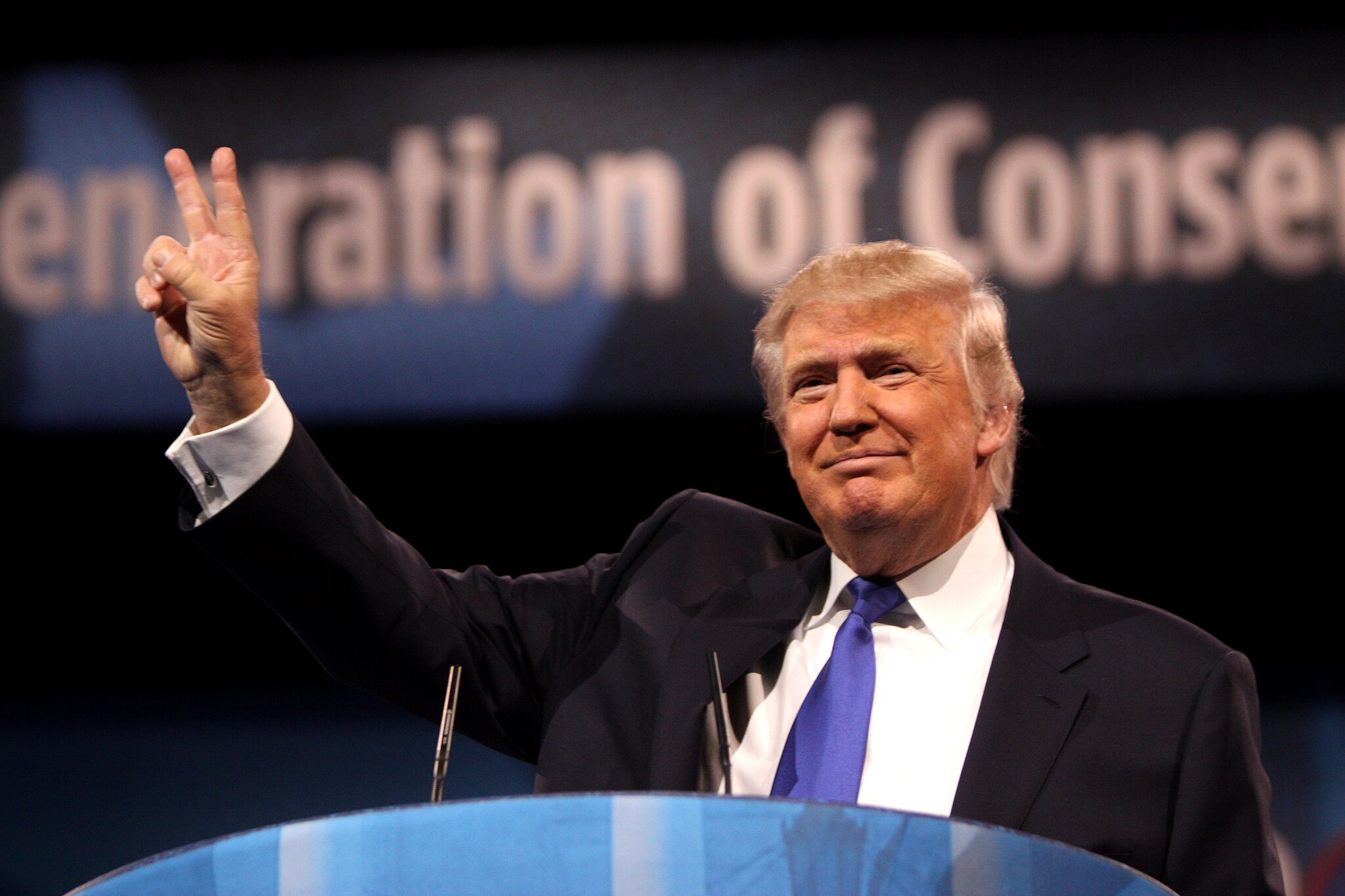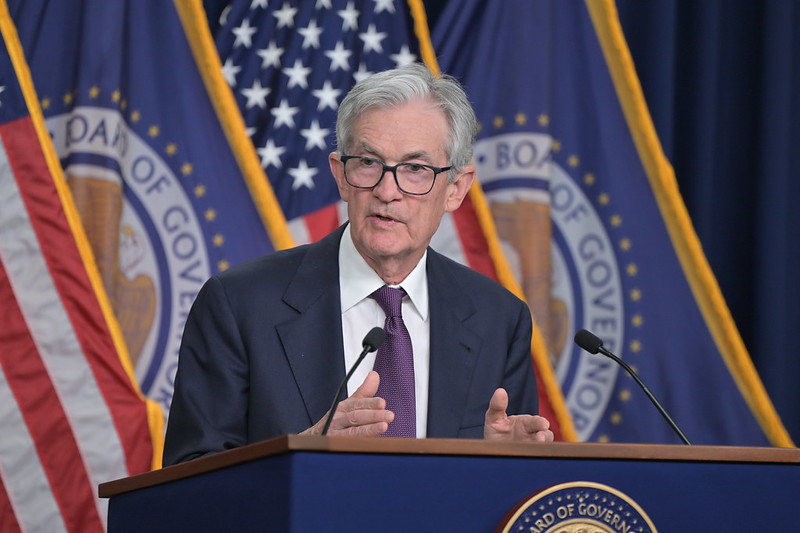In early November 2024, under the watchful eyes of global markets, the U.S. electorate chose Donald Trump as its next president. Emerging markets were not immune to the effects of the “Trump trade” on international exchanges. The region saw positive net inflows overall, but with outflows in equities.
Figures from the Institute of International Finance (IIF) show that non-resident portfolio flows to emerging markets reached a net $19.2 billion in November. This result, they added, was marked by a strong divergence between fixed income and equities.
Emerging market debt markets attracted $30.4 billion net, “highlighting the persistent search for yield amid global uncertainties,” according to the entity’s economist, Jonathan Fortun. In contrast, equities saw net outflows of $11.1 billion, “underscoring the fragility of investor confidence in the face of evolving political and economic landscapes.”
According to Fortun, the U.S. elections—which resulted in the Republican Donald Trump becoming the next president—and their effects have cast “a long shadow” over global markets, deeply influencing the dynamics of flows into emerging markets.
“While October saw increasing uncertainty surrounding the election itself, November’s flows were shaped by market reactions to the election outcome and the implications of the new administration,” Fortun noted.
Latin America and China
Breaking down the international portfolio flows, IIF figures show a preference for Latin America in the penultimate month of the year. The region, according to the report, attracted the largest net capital inflow, totaling $6.5 billion.
This was followed by Emerging Europe with $4.8 billion net, and Emerging Asia with $4.6 billion. The most modest inflow in the category was recorded in Africa and the Middle East, which saw a net inflow of $3.4 billion.
Echoing the geopolitical concerns surrounding the Trump era, China was particularly impacted that month.
Chinese equities extended their downward trajectory, registering an outflow of $5.8 billion, continuing the trend observed in October, according to the IIF. “This sustained pessimism around Chinese equities is anchored in a confluence of factors, including regulatory concerns, a slowdown in economic growth, and persistent geopolitical tensions,” Fortun explained in the report.
In contrast to the $37.3 billion that flowed into emerging markets excluding China, the debt markets of the Asian giant saw net outflows of $7.5 billion.
That said, capital outflows from Chinese equities were not the sole source of negative flows in emerging markets. Excluding that market, outflows still amounted to $5.3 billion.



